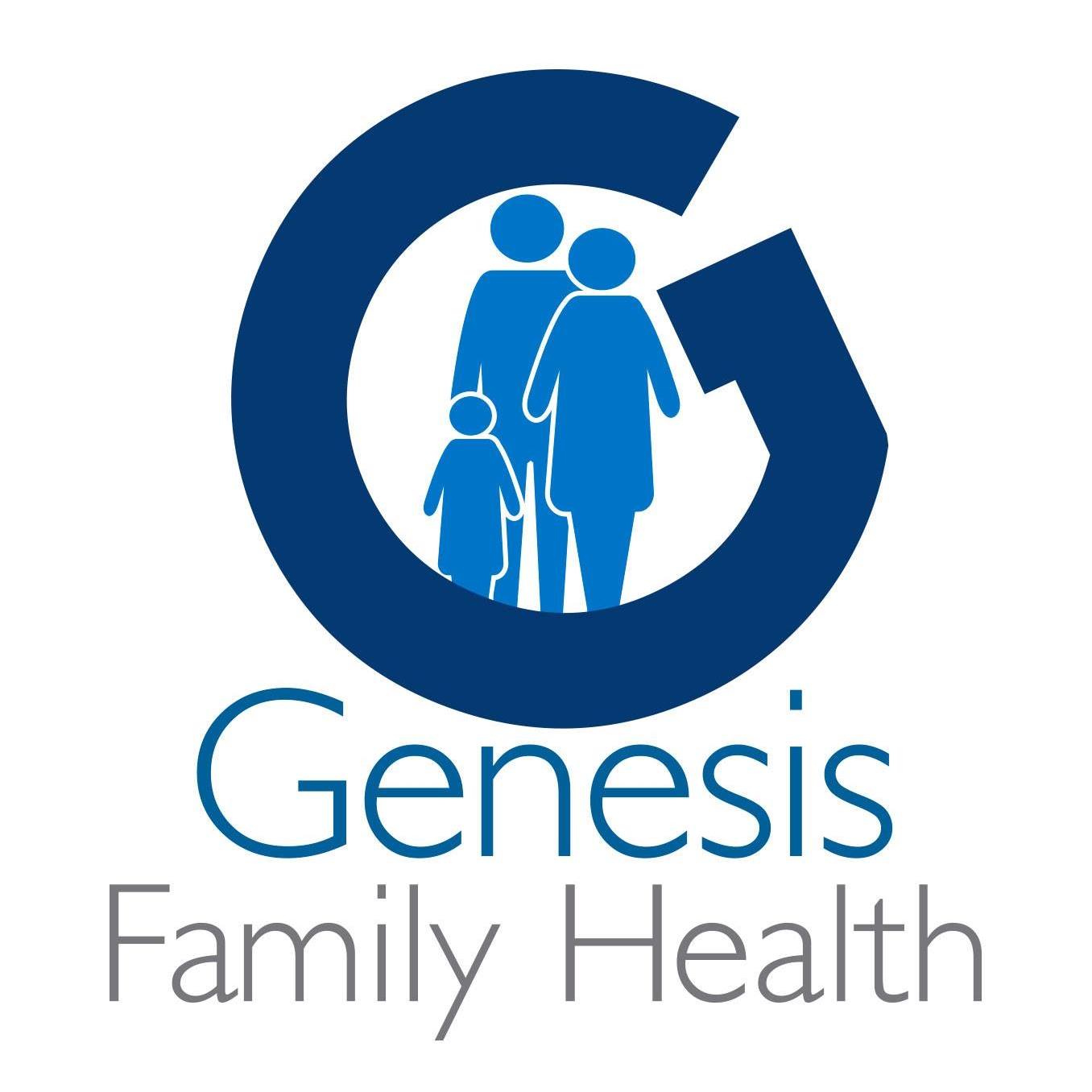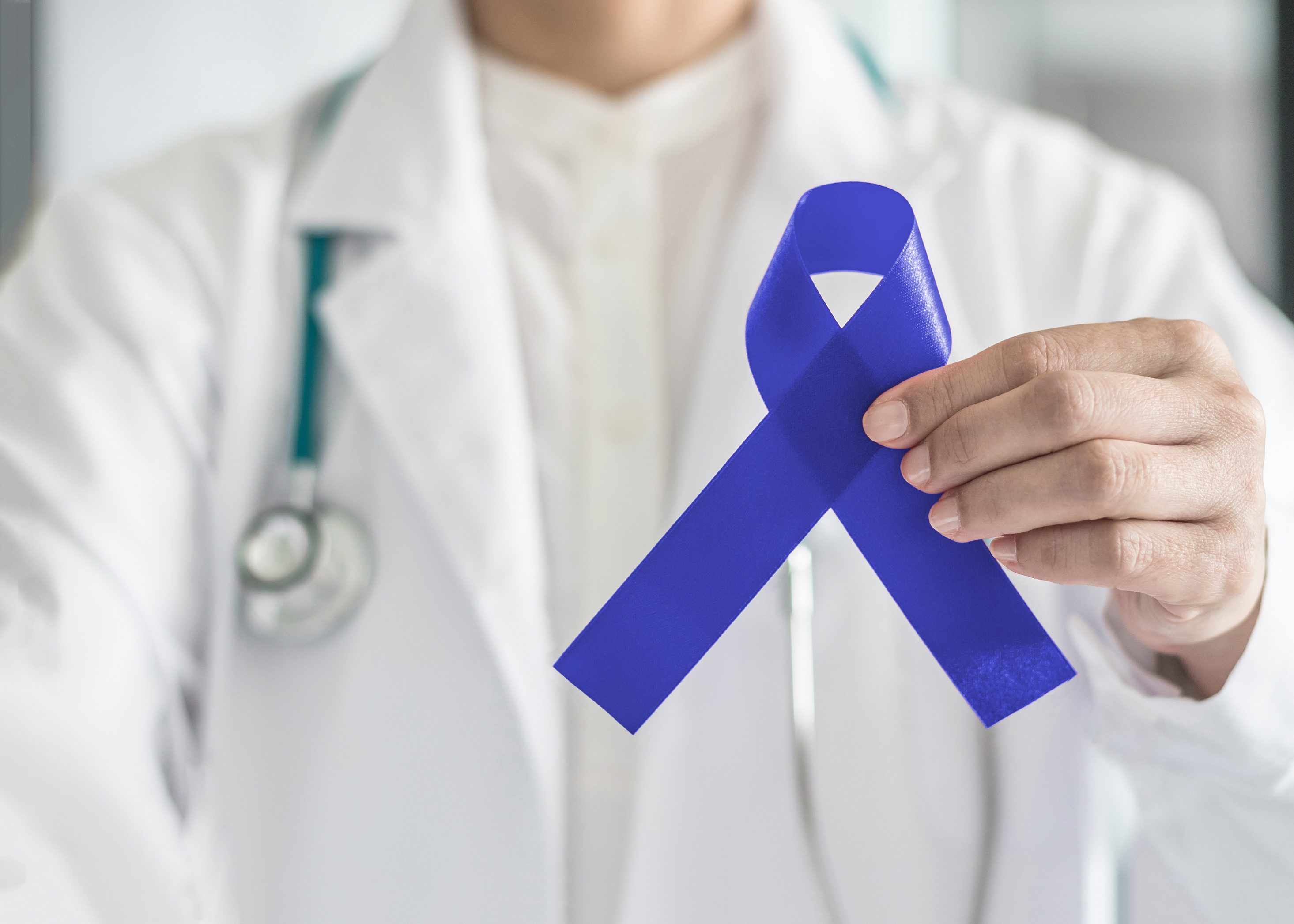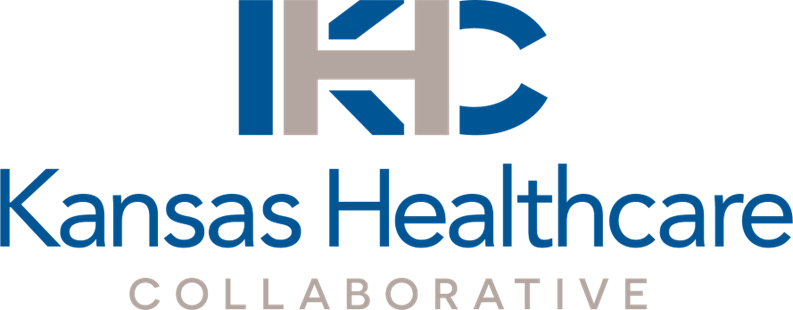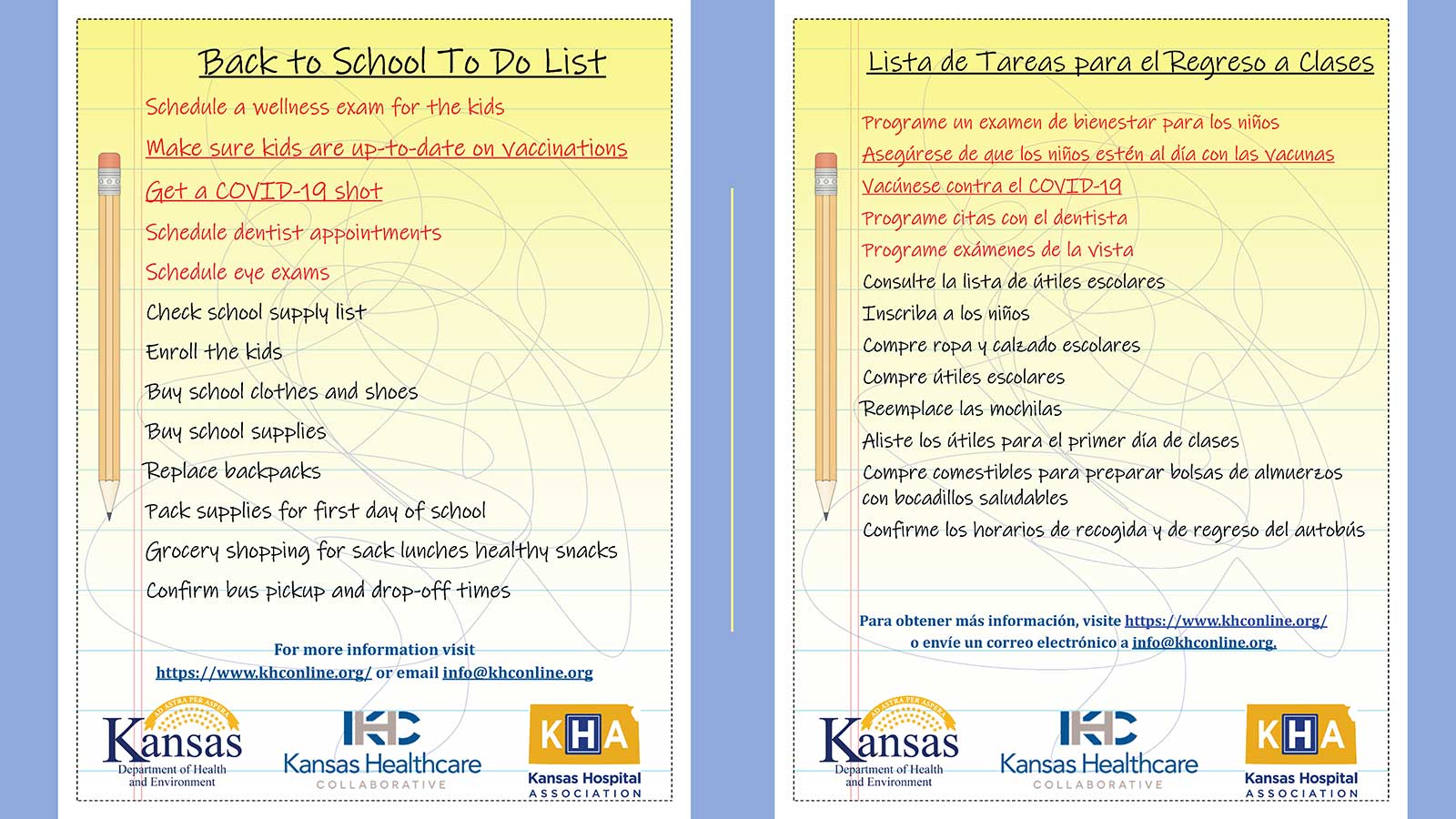kdhe
-
Cardiovascular Disease and Diabetes Prevention

Improving the Health of Americans
through the Prevention and Management
of Diabetes, Heart Disease and Stroke
OverviewMore than 34 million American have diabetes. Another 88 million US adults,1 in 3, have prediabetes, and 90% of them do not know they have it. A person with prediabetes is at high risk of type 2 diabetes, heart disease and stroke.Project BackgroundKansas Healthcare Collaborative is continuing to partner with the Kansas Department of Health and Environment’s Bureau of Health Promotion to implement clinical strategies for management and prevention of type 2 diabetes, hypertension, heart disease and stroke.EligibilityIn collaboration with KDHE, KHC is looking to provide assistance to additional providers/health systems interested improving chronic conditions. Priority will be given to those clinics who serve high priority or underserved populations.Clinic Responsibilities- Commitment to implementing evidence-based strategies, reviewing/reporting data monthly and meeting monthly (virtually or in person) with a member of the KHC team to review progress towards goals.
- Provide baseline data covering at least one year prior to the start of the project.
- Participate in annual assessment(s) to monitor clinics progress on improving outcomes, planning and implementation of strategies.
- Provide data monthly as appropriate for project (Statin Therapy, Diabetes A1c Poor Control, Controlling High Blood Pressure).
- Demonstration of outcomes/interventions. Ex. story board (templates provided)
- Barring unforeseen circumstances, the clinic should not plan to change their EMR systems or ownership for at least a year. If they are, how they will document the plan to continue participation during this time is needed.
KHC Responsibilities-
Assigned a dedicated Quality Improvement Advisory QIA) to be available to provide consultation services to clinic and be available to meet (virtually or in person) at least monthly with provider/health system.
-
Assess participating clinical practices workflows, PDSA ‘s and related QI tools
-
Complete annual clinic assessments, collection of monthly data and review of follow-up reports.
-
Serve as a liaison between the clinic and KDHE in coordinating resources available to clinics.
For more information about these programs or to enroll contact Jenni Peters at
This email address is being protected from spambots. You need JavaScript enabled to view it. .ResourcesCDC DiabetesCDC PrediabetesCDC Heart Disease Tools and TrainingMillion Hearts -
CHCSEK Healthy Heart Ambassador Program Sucess Story
 In late 2021, Community Health Centers of Southeast Kansas (CHCSEK), headquartered in Pittsburg, was awarded grant funding through the KDHE Community Health Worker Teams Program. The Kansas Healthcare Collaborative provides technical assistance for that program in conjunction with KDHE. As part of the grant, CHCSEK implemented the Healthy Heart Ambassador (HHA) program, which is a CDC recognized lifestyle change program and Self Measured Blood Pressure Monitoring (SMBP) program for patients with hypertension. CHCSEK started their HHA program in February of 2022, not realizing that one year later, the HHA program would not only change the lives of their patients, but also the lives of their staff.
In late 2021, Community Health Centers of Southeast Kansas (CHCSEK), headquartered in Pittsburg, was awarded grant funding through the KDHE Community Health Worker Teams Program. The Kansas Healthcare Collaborative provides technical assistance for that program in conjunction with KDHE. As part of the grant, CHCSEK implemented the Healthy Heart Ambassador (HHA) program, which is a CDC recognized lifestyle change program and Self Measured Blood Pressure Monitoring (SMBP) program for patients with hypertension. CHCSEK started their HHA program in February of 2022, not realizing that one year later, the HHA program would not only change the lives of their patients, but also the lives of their staff. -
CHCSEK Healthy Heart Ambassador Sucess Story
 In late 2021, Community Health Centers of Southeast Kansas (CHCSEK), headquartered in Pittsburg, was awarded grant funding through the KDHE Community Health Worker Teams Program. The Kansas Healthcare Collaborative provides technical assistance for that program in conjunction with KDHE. As part of the grant, CHCSEK implemented the Healthy Heart Ambassador (HHA) program, which is a CDC recognized lifestyle change program and Self Measured Blood Pressure Monitoring (SMBP) program for patients with hypertension. CHCSEK started their HHA program in February of 2022, not realizing that one year later, the HHA program would not only change the lives of their patients, but also the lives of their staff.
In late 2021, Community Health Centers of Southeast Kansas (CHCSEK), headquartered in Pittsburg, was awarded grant funding through the KDHE Community Health Worker Teams Program. The Kansas Healthcare Collaborative provides technical assistance for that program in conjunction with KDHE. As part of the grant, CHCSEK implemented the Healthy Heart Ambassador (HHA) program, which is a CDC recognized lifestyle change program and Self Measured Blood Pressure Monitoring (SMBP) program for patients with hypertension. CHCSEK started their HHA program in February of 2022, not realizing that one year later, the HHA program would not only change the lives of their patients, but also the lives of their staff. -
Genesis Family Health Sews the Seeds of Health Using CHWs
 At the start of the new year in 2023 Genesis Family Health looked at the issues facing their community and wanted to find ways to use community outreach to engage their expectant mothers in health education. Their Care Team came up with the idea to gather maternity patients together to create baby gifts or to make items needed for their new babies and wanted to use those gatherings to share health education with expectant mothers.
At the start of the new year in 2023 Genesis Family Health looked at the issues facing their community and wanted to find ways to use community outreach to engage their expectant mothers in health education. Their Care Team came up with the idea to gather maternity patients together to create baby gifts or to make items needed for their new babies and wanted to use those gatherings to share health education with expectant mothers. -
Genesis Family Health Sews the Seeds of Health with CHWs

At the start of the new year in 2023 Genesis Family Health looked at the issues facing their community and wanted to find ways to use community outreach to engage their expectant mothers in health education. Their Care Team came up with the idea to gather maternity patients together to create baby gifts or to make items needed for their new babies and wanted to use those gatherings to share health education with expectant mothers.
-
Health Partnership Clinic Closes Gaps in Colorectal Cancer Screening

Health Partnership Clinic, an FQHC with four clinic sites in Olathe, Ottawa, Paola, and Shawnee Mission, serves a population of more than 15,000 patients each year, the majority of which are underserved and uninsured. Serving a patient population facing additional social drivers of health and barriers to care creates challenges in managing and screening for chronic disease. Through their work with the Kansas Healthcare Collaborative and KDHE in the CDC's Colorectal Cancer Control program, Health Partnership Clinic has developed innovative strategies to increase access to care and increase screening rates in their underserved patient population.
-
Health Partnership Clinic Closes Gaps in Colorectal Cancer Screening

Health Partnership Clinic, an FQHC with four clinic sites in Olathe, Ottawa, Paola, and Shawnee Mission, serves a population of more than 15,000 patients each year, the majority of which are underserved and uninsured. Serving a patient population facing additional social drivers of health and barriers to care creates challenges in managing and screening for chronic disease. Through their work with the Kansas Healthcare Collaborative and KDHE in the CDC's Colorectal Cancer Control program, Health Partnership Clinic has developed innovative strategies to increase access to care and increase screening rates in their underserved patient population.
-
Increase Wellness with Back to School Posters
Each summer, as the start of school nears, many clinics report an overwhelming volume of students seeking school physicals, sports physicals or who need immunizations to attend school. Often this unusually high demand for preventative services in August can result in interruptions to the flow of normal operations in the clinic. KHC has partnered with KHA and KDHE to encourage parents to seek childhood immunizations and wellness visits this summer, before the Back to School rush. -
KHC Enrolling Now for Diabetes and Cardiovascular Disease Programs

The Kansas Healthcare Collaborative is partnering with the Kansas Department of Health and Environment’s (KDHE) Bureau of Health Promotion to implement clinical strategies for the prevention and management of cardiovascular disease and diabetes. KHC is currently enrolling for both the diabetes and cardiovascular disease programs.
-
KHC seeking clinicians for 2023 quality improvement opportunities

KHC is currently seeking clinicians and hospitals who are interested in participating in quality improvement initiatives to improve patient outcomes and prevent disease and disease progression. KHC provides no-cost technical assistance to clinicians and hospitals participating in these initiatives. Contact Mandy Johnson
This email address is being protected from spambots. You need JavaScript enabled to view it. for more information. -
Zero Suicide in Health Systems Prevention Initiative

Zero Suicide in Health Systems
Prevention Initiative
OverviewThe Kansas Healthcare Collaborative (KHC), in partnership with the Kansas Department of Health and Environment (KDHE), is soliciting applications from clinics interested in implementing suicide prevention. A process for that includes assessment, referral to treatment and continuity of care for individuals at risk for suicide or suicidal behaviors.BackgroundRecent research shows primary care providers see individuals that die by suicide twice as often as mental health providers. An estimated 45% of individuals that died by suicide were seen the month prior to their death by a primary care provider. Primary care providers are most likely to see a patient at risk of suicide and by identifying patients at risk and referring to specialty treatment death by suicide can be prevented.Eligibility:The ideal clinic will have an innovative spirit. Having a Depression screening process in place is preferrable but not necessary.
Clinic Benefits- 1 year Quality Improvement Project
- Technical support from KHC and KDHE Staff to establish clinic workflow, data collection, and supplemental training
- Sustainability planning and support
Clinic Responsibilities- Implement process for identification and referral to specialty treatment for individuals at risk for suicide/suicidal behaviors using the Columbia-Suicide Severity Rating Scale (C-SSRS) tool
- Completion of necessary data reporting and success stories collection including requested demographic information on program participants
- Monthly meetings with KHC and KDHE staff for ongoing technical assistance and quality improvement
For more information email info@khconline or call (785) 235-0763.ResourcesKDHE Zero Suicide in Health SystemsCDC Suicide Prevention988 Suicide and Crisis Lifeline

